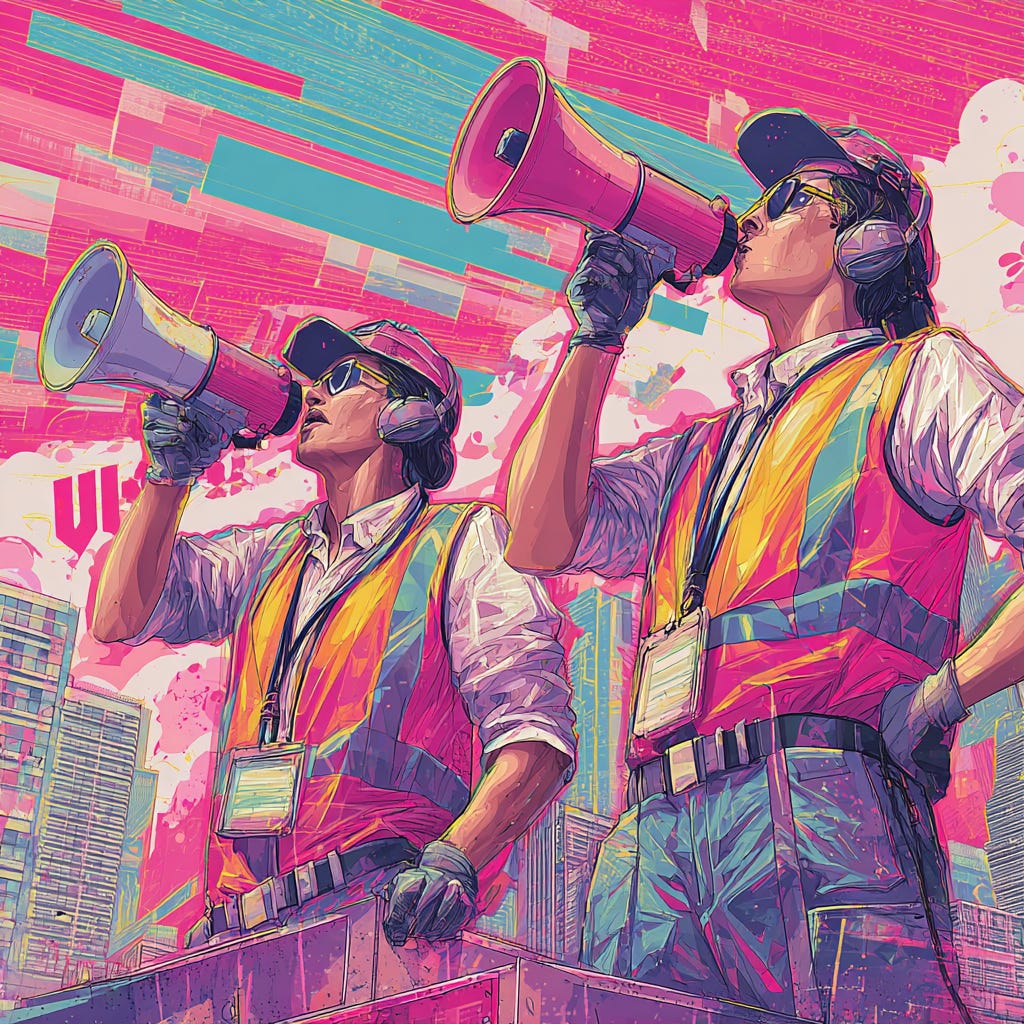Worker Voice Is The Missing Link to Democracy
And the answer to our late stage capitalist woes
If democracy is supposed to be a chorus, then the workplace is where most of us are told to shut up and hum quietly in the background. We spend the bulk of our waking lives working—clocking in, logging on, hustling, whatever euphemism you like. Yet democracy, the great boast of modern society, politely excuses itself at the office door. You can vote for…




